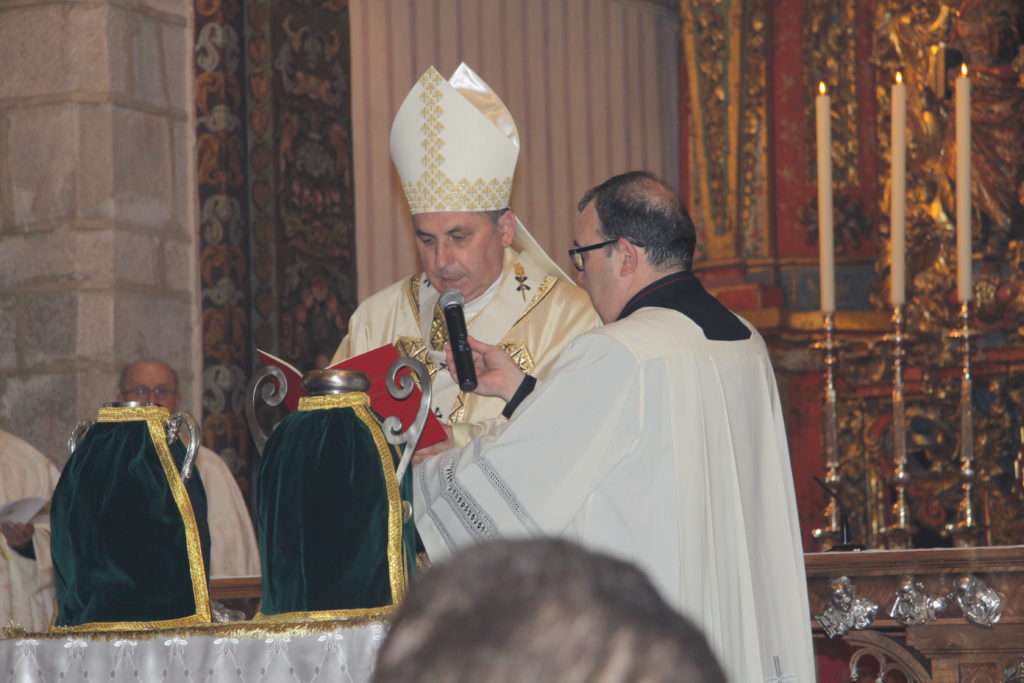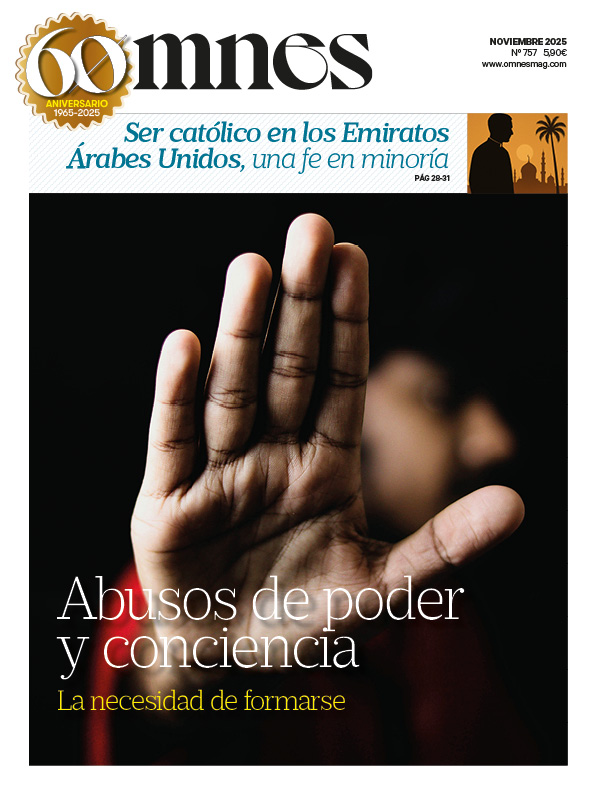"Are there circumstances today for the Latin Church to return to the practice of ordaining married men, requiring continence from them?" And he responds: "If it is thought that the Church has tried to reduce these ordinations because of their inconvenience, and to ordain only celibate men, it does not seem convenient to restore in the present circumstances a practice already obsolete." Celso Morga, Archbishop of Mérida-Badajoz, writes in the magazine Palabra.
In his article, Msgr. Celso Morga admits that, in a historical perspective, "nothing prevents the ordination of celibate or widowed elders, or even of married persons, if both spouses commit themselves to continence". married persons, if both spouses commit themselves to maintain continence"., but recalls that it is a long-abandoned practice, the restoration of which it does not consider opportune considered opportune; and that, taken as a precedent, it would limit the possibility of ordination to a commitment to continence, as in the first centuries. ordination to a commitment to continence, as in the first centuries. "It is clear that the current mentality today would not understand such continence, but this was not the way of thinking in the past. understand such continence, but this was not the way of thinking in the primitive Christian communities, much closer in time to Christian communities, much closer in time to the preaching of Jesus and the Apostles. preaching of Jesus and the Apostles".
Monsignor Celso Morga bases his arguments, among others, on Cardinal arguments, among others, in Cardinal Alfonso M. Stickler and in Christian Cochini S.I., who Cochini S.I., who "have shown that celibacy for holy orders in the Church of the first centuries is not to be understood only in the sense of a prohibition against should not be understood only in the sense of a prohibition to marry, but also in that of a perfect continence for those ordained while already married. but also in the sense of perfect continence for those ordained while already married, and that this was the norm".
His article is framed in the context of the context of the debate that arose as a result of the working paper (Instrumentum laboris) on the upcoming Synod of the Amazon, convoked by Pope Francis for next October in Rome. October in Rome. The document requests that the Synod study the possibility of ordaining priests to the possibility of ordaining people to the priesthood who meet certain conditions. It is would be "Elderly people, preferably indigenous, respected and accepted by their community, even if they have already and stable family, with the purpose of assuring the Sacraments that accompany and sustain Christian life. Sacraments that accompany and sustain the Christian life".thinking about "the most remote areas of the region"., says the document (n. 129), after pointing out that "celibacy is a gift to the Church"..
Until now, the Spanish bishops had not made any explicit pronouncements explicitly pronounced on this point of the Synod's working document. Synod's working document. Archbishop Morga is the first one to do so, at least with a public relevance, perhaps because of his public relevance, perhaps because of the background of having been Secretary of the Congregation for the Clergy during the Synod. Congregation for the Clergy at the Holy See.
In the April issue, Palabra's correspondent in Brazil, Joao Carlos Nara Jr. correspondent in Brazil, Joao Carlos Nara Jr. began a series of chronicles in the magazine on the Amazon, in which he magazine's chronicles on the Amazon, in which he pointed out, among other aspects, that in order to "roday, to establish a Church with an indigenous face", to which Cardinal Lorenzo Baldisseri Cardinal Lorenzo Baldisseri, Secretary General of the Synod, referred to, "some sectors also advocate a more flexible Latin praxis on the ministerial priesthood, motivated by the shortage of clergy. by the shortage of clergy".
For his part, Archbishop Sviatoslav Shevchuk of Ukraine also referred to this point proposed for the Synod. Shevchuk of Ukraine also referred to this point proposed for the Synod. In the experience of the Greek-Catholic Church in Ukraine, which admits the ordination of married men, he said ordination of married men, "the family status is not conducive to an increase in vocations to the priesthood".he says. He recommends that the issue be approached from "the essential, which is the vocation to the priesthood". as a call from God.
Bishop Celso Morga also points out in his article that "the history of the Church shows the profound union between the celibacy of sacred ministers and the language and spirit of the Gospel. Far from being a provision of purely ecclesiastical origin, human and subject to derogation, it appears as a practice originating in Jesus himself and in the Apostles, long before it was established by the laws".








